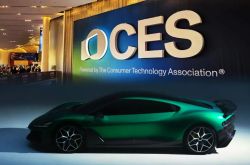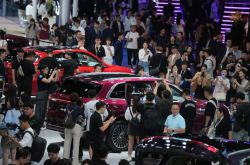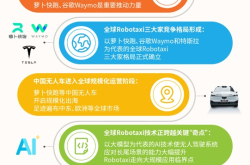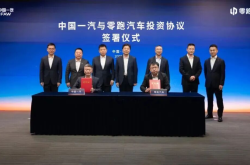Revenue Soars Fourfold, Sales Volume Skyrockets Sevenfold: How Huawei, Despite Not Making Cars, Becomes the Beacon of Hope for Automakers
![]() 12/23 2024
12/23 2024
![]() 449
449
As is widely known, Huawei has consistently maintained over the years that it does not produce cars but leverages its Information and Communication Technology (ICT) expertise to assist automakers in creating superior vehicles and utilizes its channels to enhance their sales, without competing for market share with automakers.
Consequently, Huawei partners with various entities to jointly introduce automotive brands or models into the market.
For instance, vehicles such as Wenjie, Zhijie, Xiangjie, Zunjie, Avita, and ARCFOX are all affiliated with Huawei but are not manufactured by it. They are partner vehicles where Huawei provides technology and other forms of support.
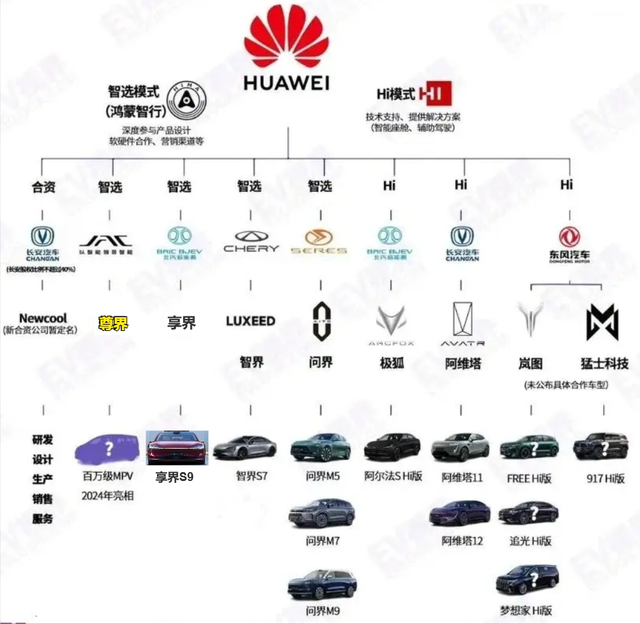
Remarkably, despite not manufacturing cars, Huawei has emerged as a beacon of hope for automakers.
The renowned 'Jie' series includes Wenjie (with Thalys), Zhijie (with Chery), Xiangjie (with BAIC), and Zunjie (with JAC). These belong to Huawei's Smart Selection vehicle line, collectively known as HarmonyOS Intelligent Drive, embodying the highest level of 'Huawei content'.
In contrast, Avita (with Changan) and ARCFOX (with BAIC) fall under Huawei's HI mode, featuring slightly less 'Huawei content'.
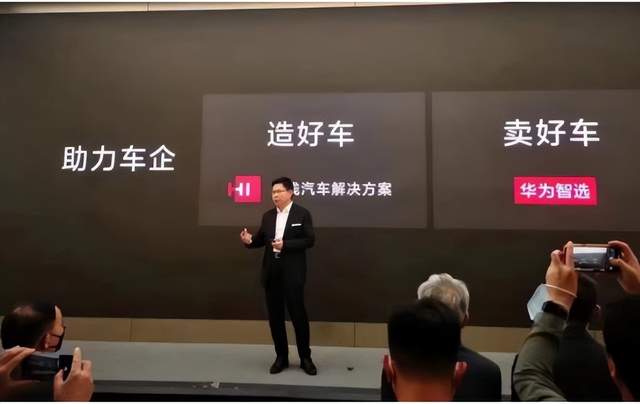
Moreover, automakers like Audi and BYD also collaborate with Huawei. Audi and BYD work with Huawei on intelligent driving solutions, while others adopt Huawei's HarmonyOS cabin systems or motors, among other technologies...
It's evident that these automakers believe Huawei's technology can bolster their competitiveness and boost sales. Huawei represents their hope, prompting them to integrate Huawei's technology into their vehicles...
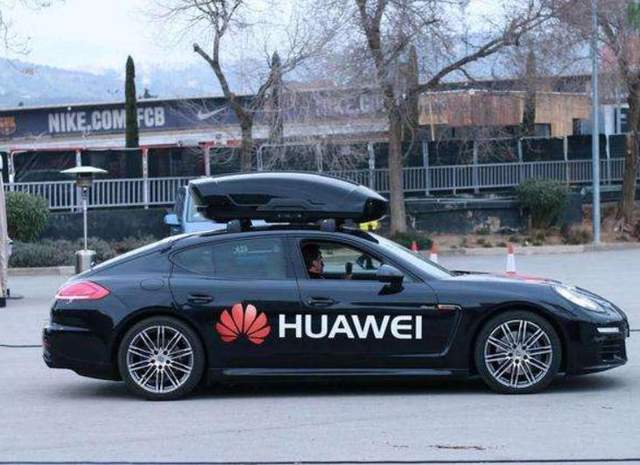
Furthermore, as more automakers forge partnerships with Huawei, media reports suggest that Huawei's automotive Business Unit's revenue is projected to quadruple this year, with shipments also expected to grow sevenfold.
Looking ahead, as collaboration with Huawei expands among automakers, this revenue trend is poised to continue, accompanied by a rise in sales volume and profits.
Ren Zhengfei's foresight in abstaining from manufacturing cars is evident here. Automakers that produce their own vehicles are unlikely to achieve such remarkable growth in such a short span.
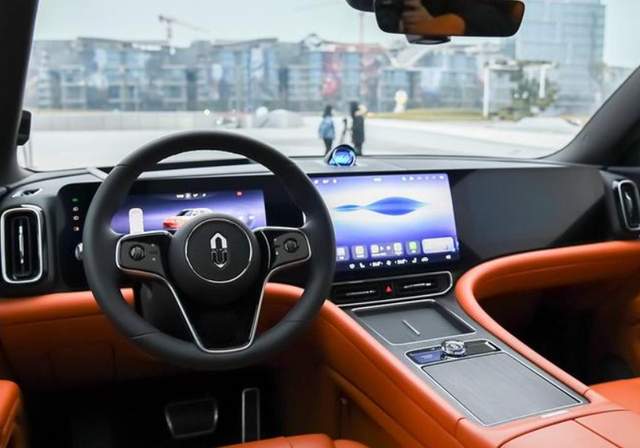
Additionally, had Huawei ventured into car manufacturing, these automakers might hesitate to collaborate. Typically, no one chooses a competitor as a partner.
Clearly, becoming an automaker is not Huawei's aspiration. Its strength lies not in car manufacturing but in technology and ICT capabilities, which it is determined to uphold.
Therefore, by not manufacturing cars, Huawei can ensure that every vehicle utilizes its technology, effectively turning each one into a 'Huawei-series' car. However, had Huawei manufactured its own cars, such a feat would have been unattainable.

